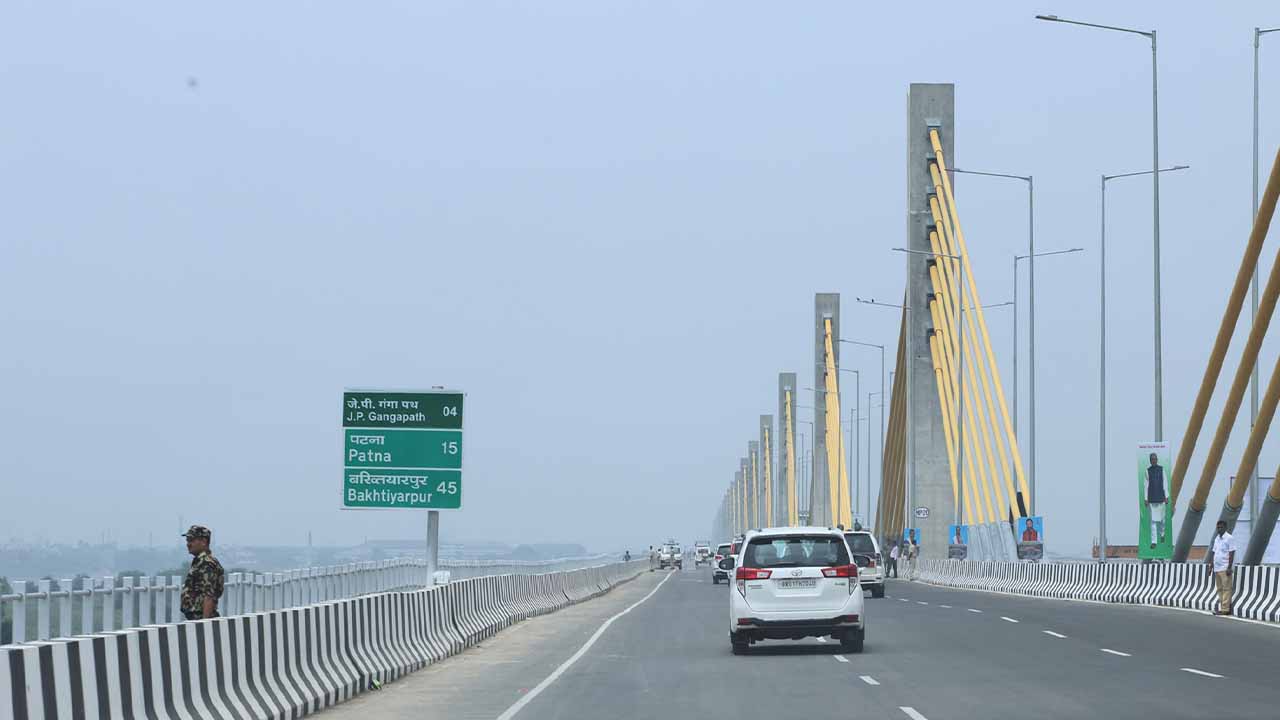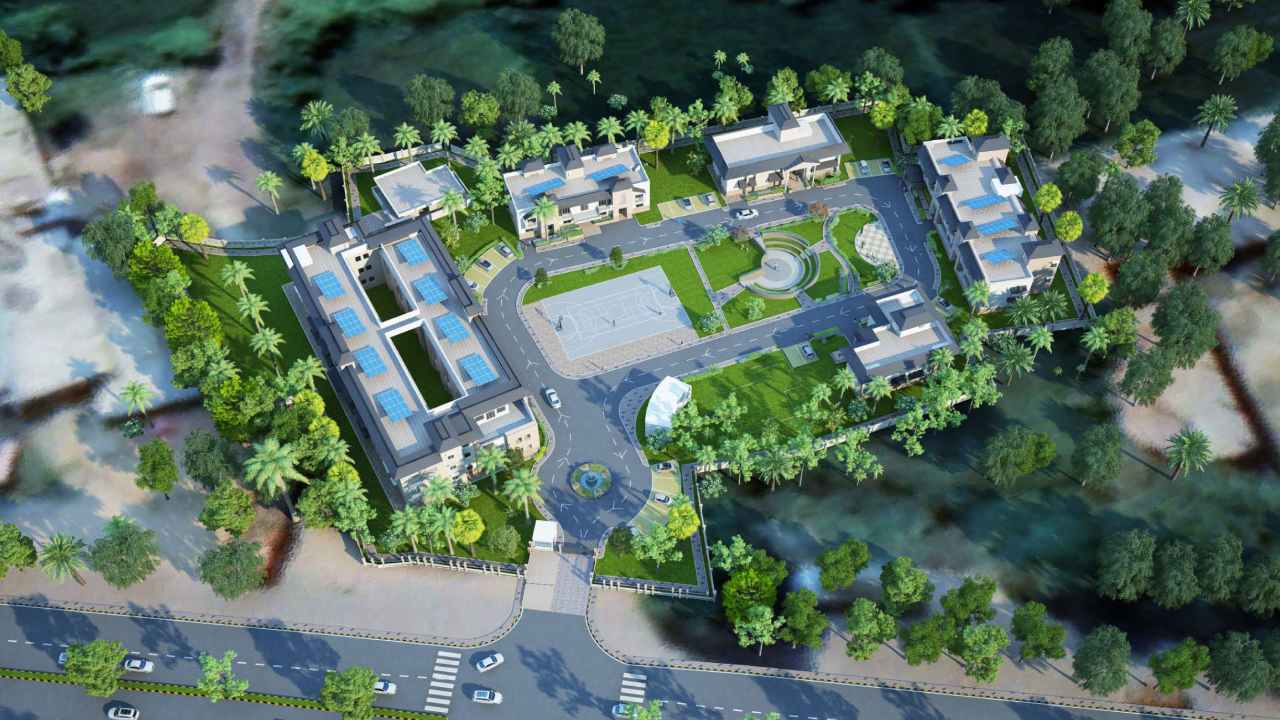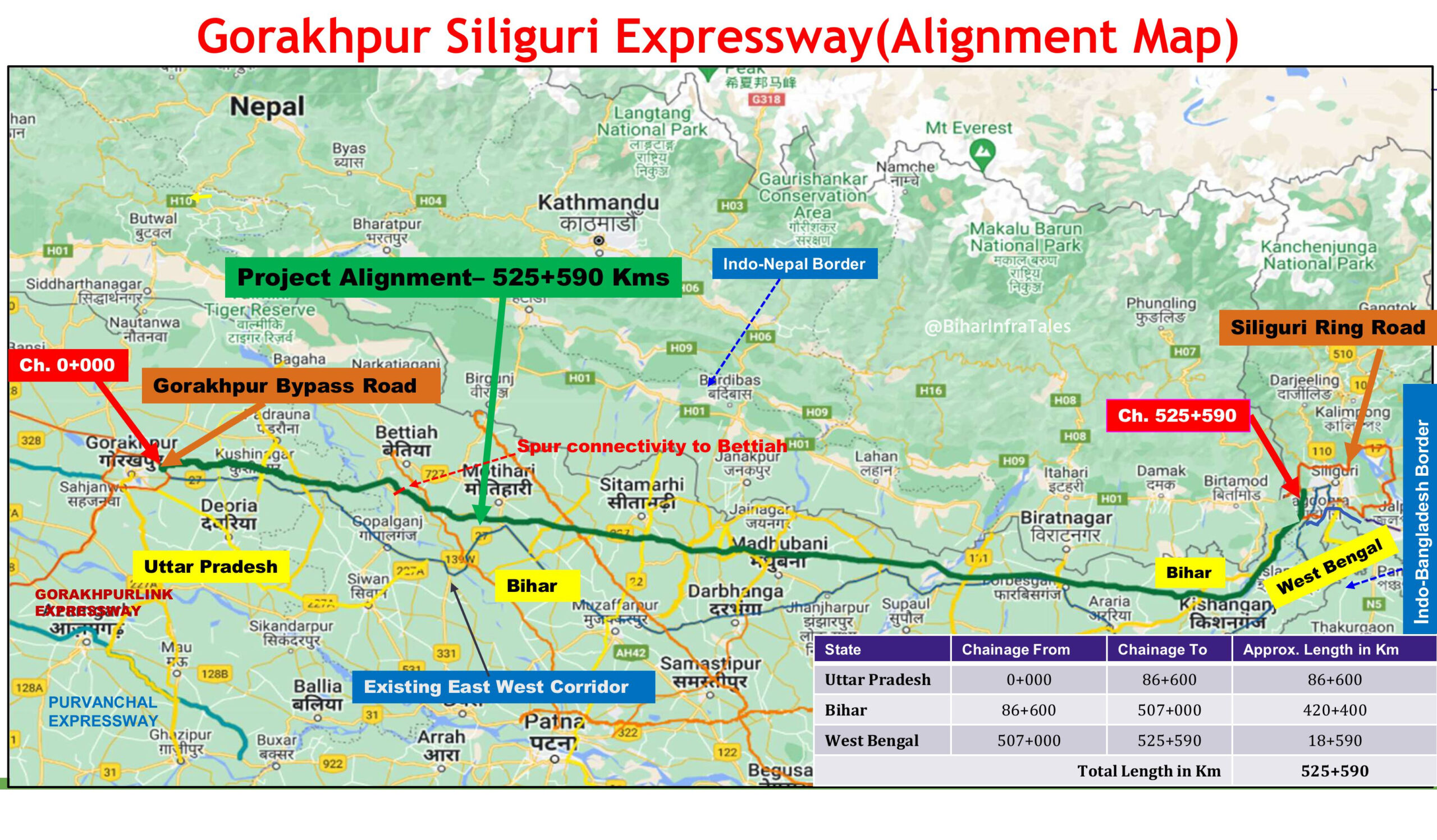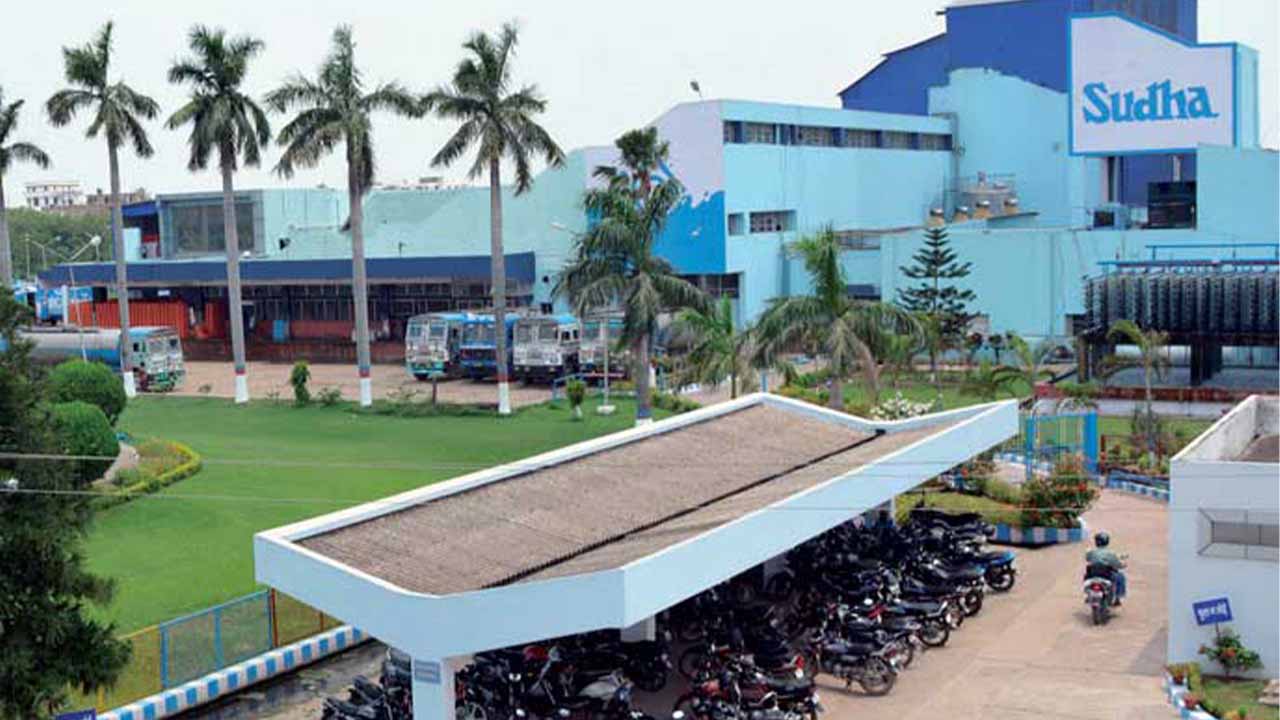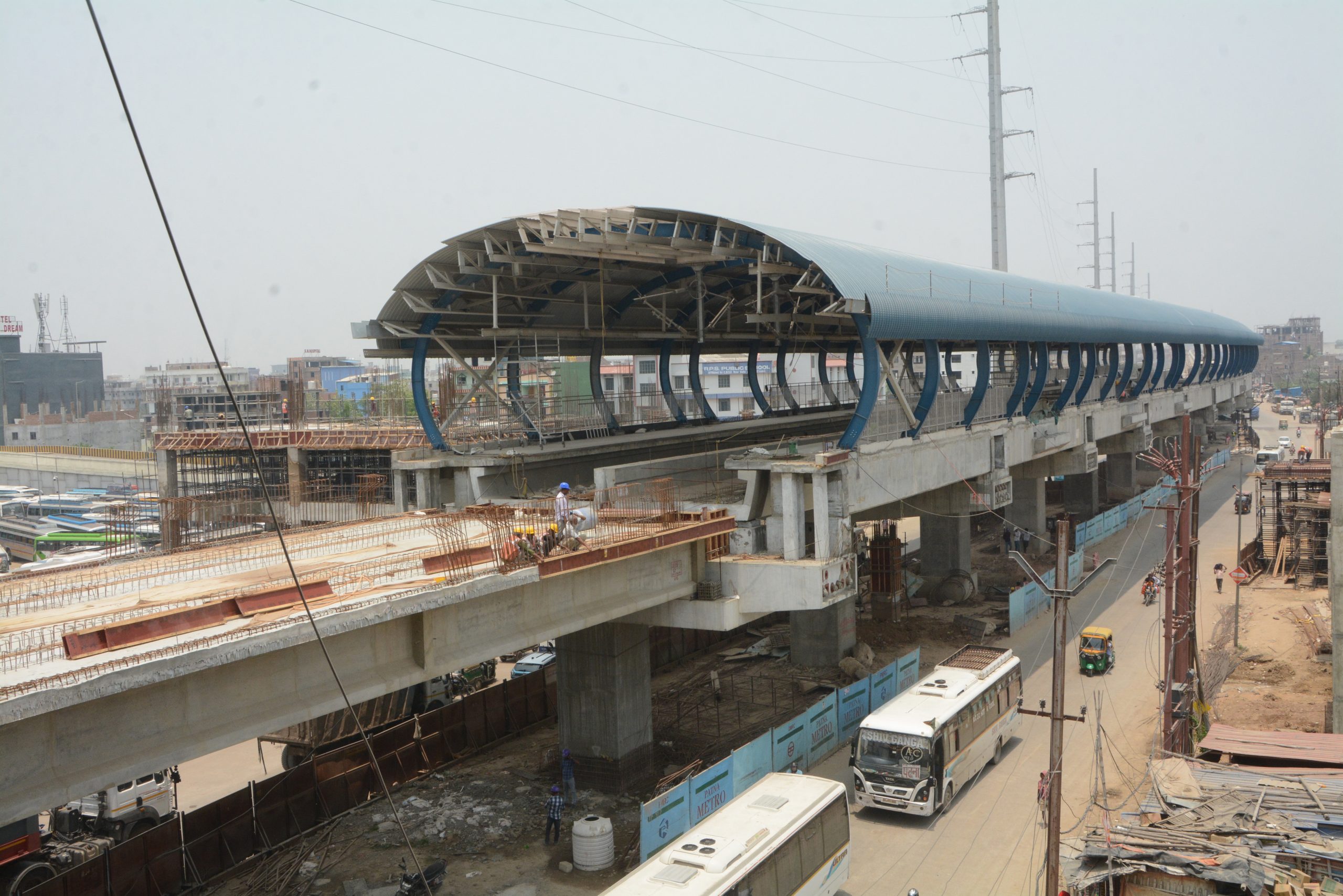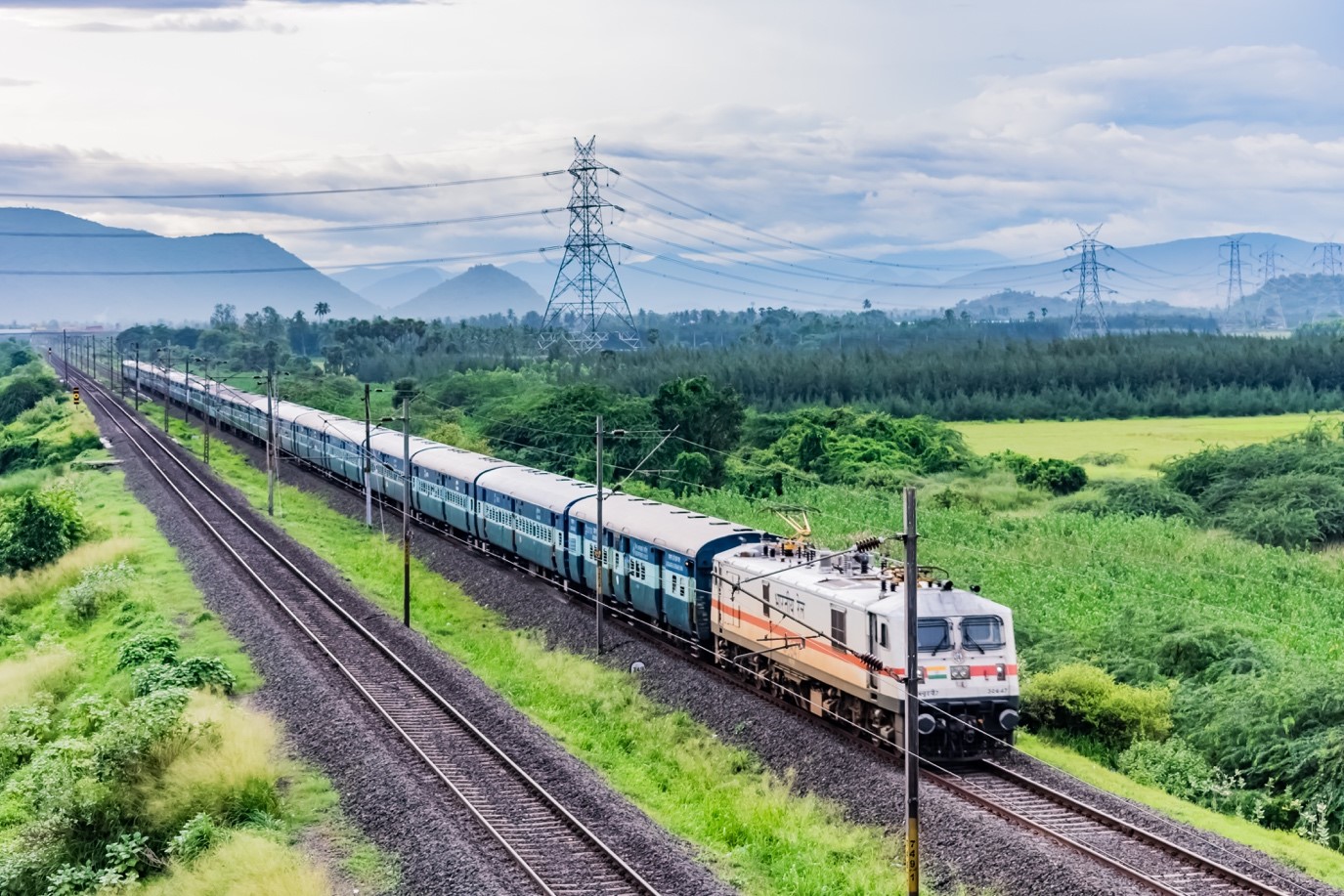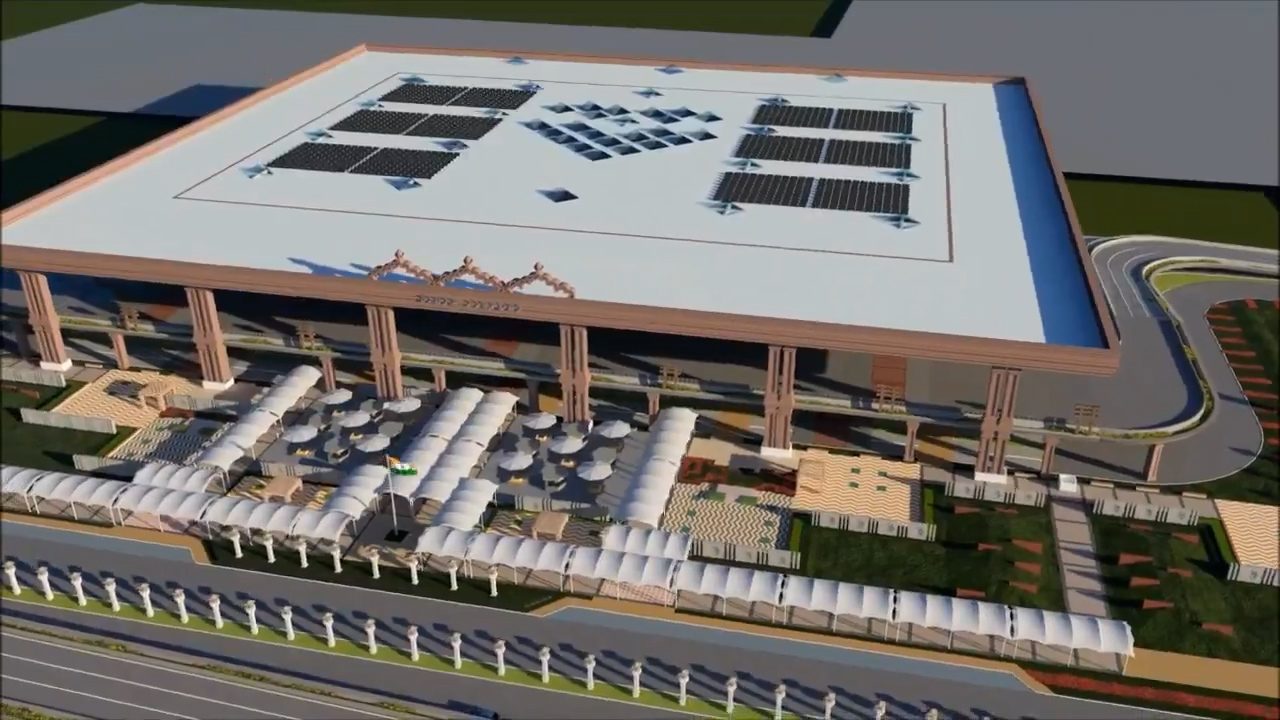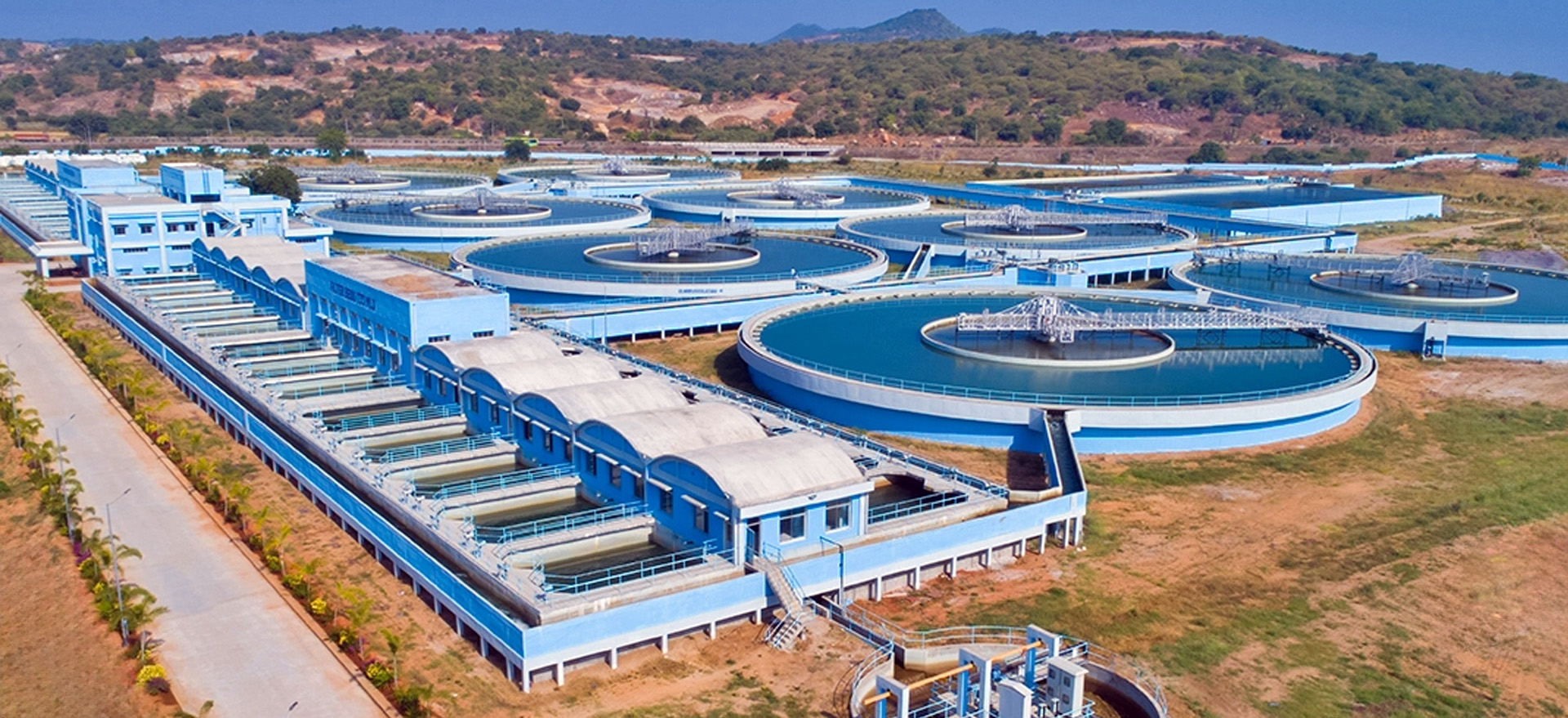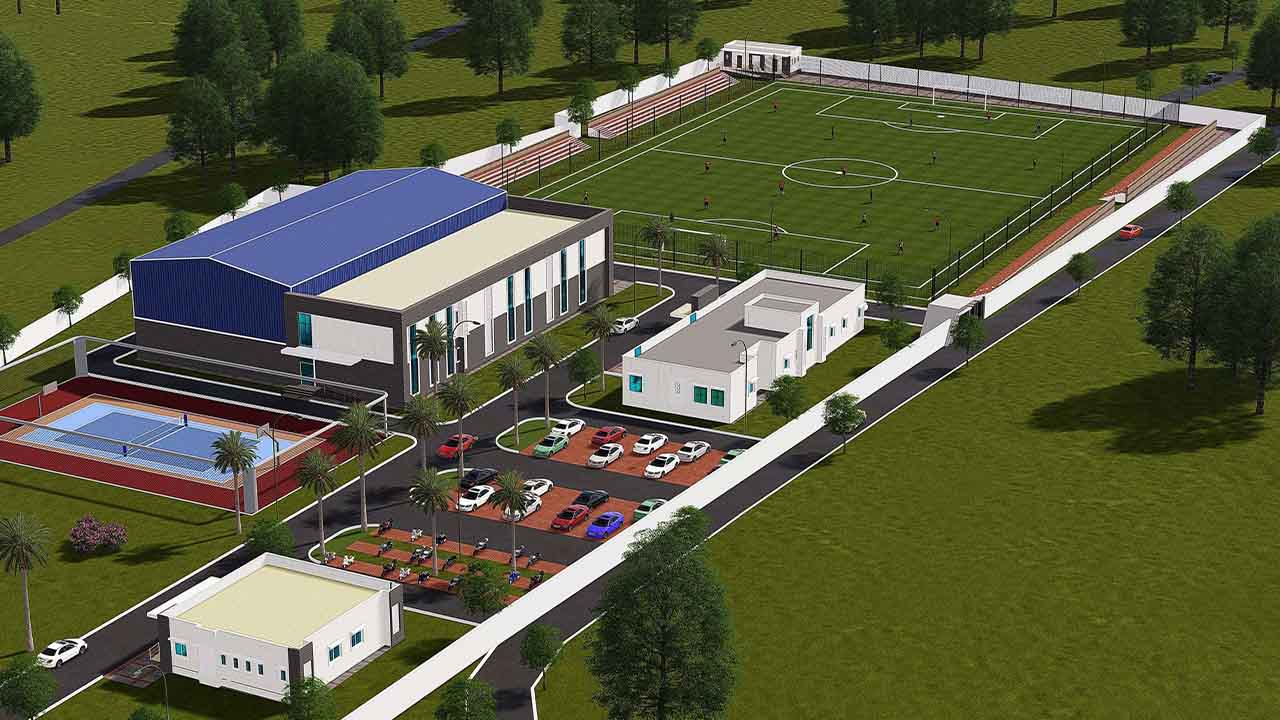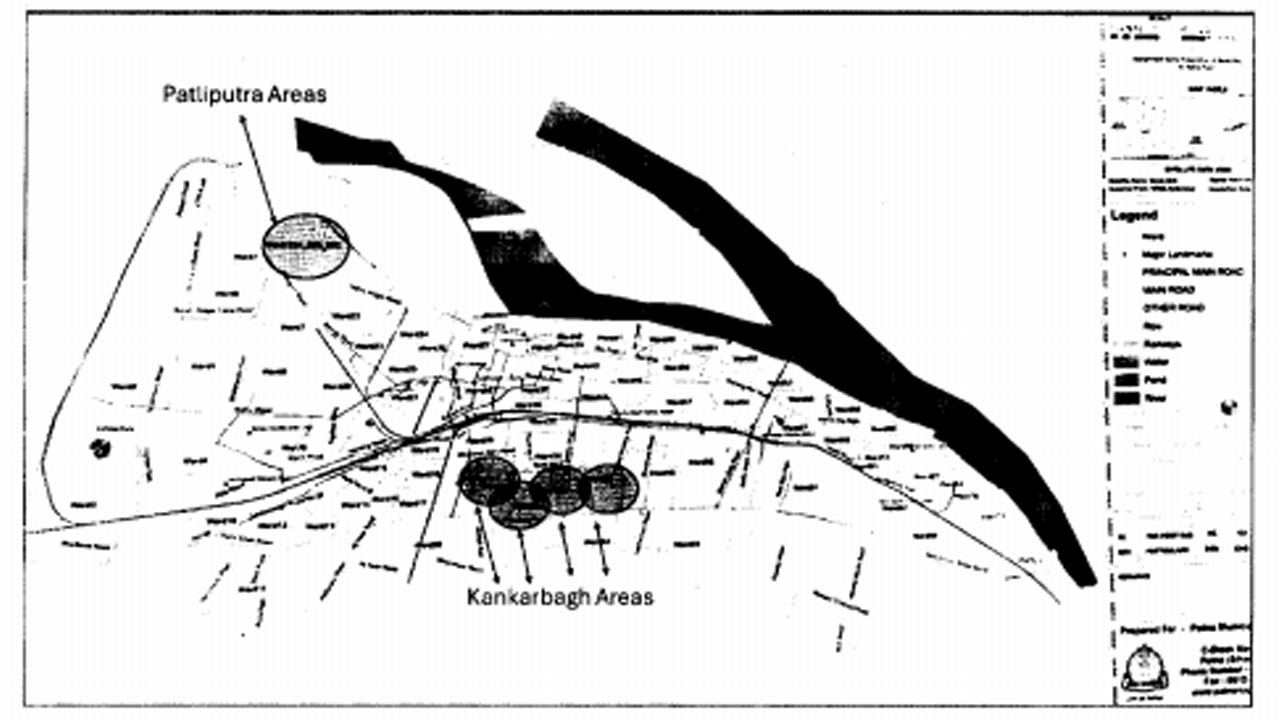The Bihar government has announced a new policy to ensure the safety and long-term usability of bridges across the state. Named Bihar Rajya Pul Prabandhan evam Sandharan Neeti, 2025, the policy will apply across the entire state and is being implemented with immediate effect. It has been prepared by the Road Construction Department in line with modern engineering standards to address the growing need for timely and effective bridge maintenance.
Over the past 18 years, Bihar has seen rapid progress in road infrastructure. A total of 3,968 small and large bridges have been built on state roads, including 532 major structures such as mega bridges, major bridges, and flyovers.
With such an extensive network now in place, the government acknowledged the need for a clear, structured, and scientific system to maintain and manage bridges. Officials said that without proper maintenance, there is a constant risk of accidents, disruption in transport, and economic loss.
The new policy has been developed in accordance with the Indian Roads Congress guidelines, specifically IRC\:SP-35 (2024), and will also follow other applicable IRC codes and the department’s own bridge maintenance manual.
Under the new system, bridges will be managed and maintained in two phases. In the first phase, all bridges will be classified based on length. Bridges over 1,000 metres will be considered mega bridges, those over 60 metres will be major bridges, and those up to 60 metres will be minor bridges.
A detailed Bridge Health Card will be prepared for each bridge, showing the condition of the structure using a Bridge Health Index (BHI), which will be based on the level of physical damage and the importance of the bridge’s components. The BHI will be scored on a scale from 0 to 100, with lower scores indicating more serious damage.
🚨 Bihar becomes the first state in India to implement a dedicated Bridge Maintenance Policy that includes:
— Bihar Infra Tales (@BiharInfraTales) June 21, 2025
➡️Regular inspection of bridges
➡️Structural rating and health indexing
➡️Third-party audits
➡️Sensor-based monitoring system pic.twitter.com/qbSeLyGLVz
Following this, a Maintenance Priority Index (MPI) will be calculated based on factors such as the urgency of repairs, the design of the bridge, its usage, and its importance to the transportation network. Based on these indexes, critical bridges will be prioritized for maintenance.
In the second phase, maintenance work will be carried out under seven categories. These are: initial rectification, regular maintenance, periodic maintenance, minor improvements, special repairs, exceptional repairs, and unforeseen emergency repairs. Of these, initial, special, minor, exceptional, and emergency repairs will be undertaken on item-rate contracts. Regular and periodic maintenance will follow a pre-determined per-metre cost.
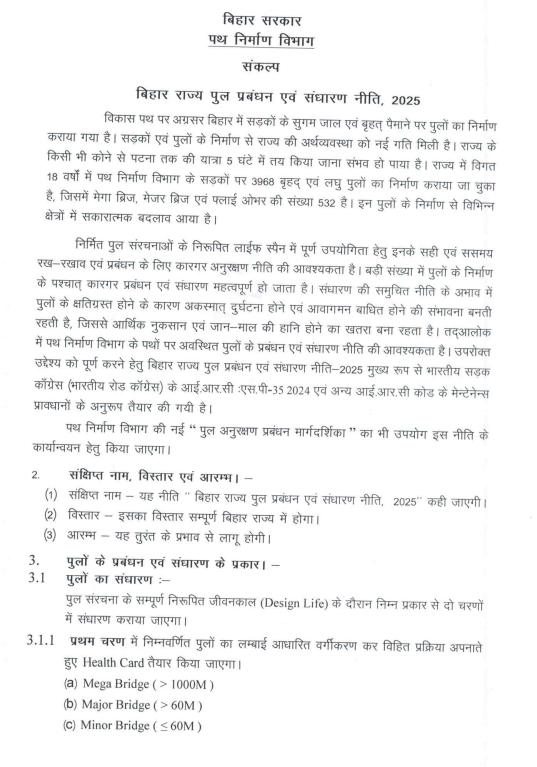
The new policy will also introduce a modern bridge management system. The Bridge Management Subdivision of the department, or Bihar Rajya Pul Nirman Nigam Limited, will oversee health card updates and maintain all related data.
The department will use advanced methods such as visual inspections, non-destructive testing, drone cameras, and sensor-based imaging to monitor the physical condition of bridges. These tools will be backed by artificial intelligence and machine learning software to analyze bridge health and ensure real-time monitoring where required.
Officials said the aim is to gradually adopt a long-term, output- and performance-based maintenance model. Under this system, Bihar Rajya Pul Nirman Nigam Limited will also be responsible for training departmental engineers and developing a Bridge Information and Management System(BIMS).
The policy outlines the roles and responsibilities of engineers at different levels. For example, junior and assistant engineers will be responsible for 100 percent of the bridge inspections and updates, while executive engineers and senior project engineers will oversee a mix of critical, important, and routine activities.
Copies of all Bridge Health Cards will be preserved and regularly updated. In case of disputes under maintenance contracts, matters will be resolved under the Bihar Public Works Contract Disputes Arbitration Tribunal Act, 2008.
With this policy, the government aims to ensure that bridges remain safe and serviceable for their entire design life. It is also seen as a step towards improving road safety and preserving the huge investments made in the state’s transport infrastructure.

